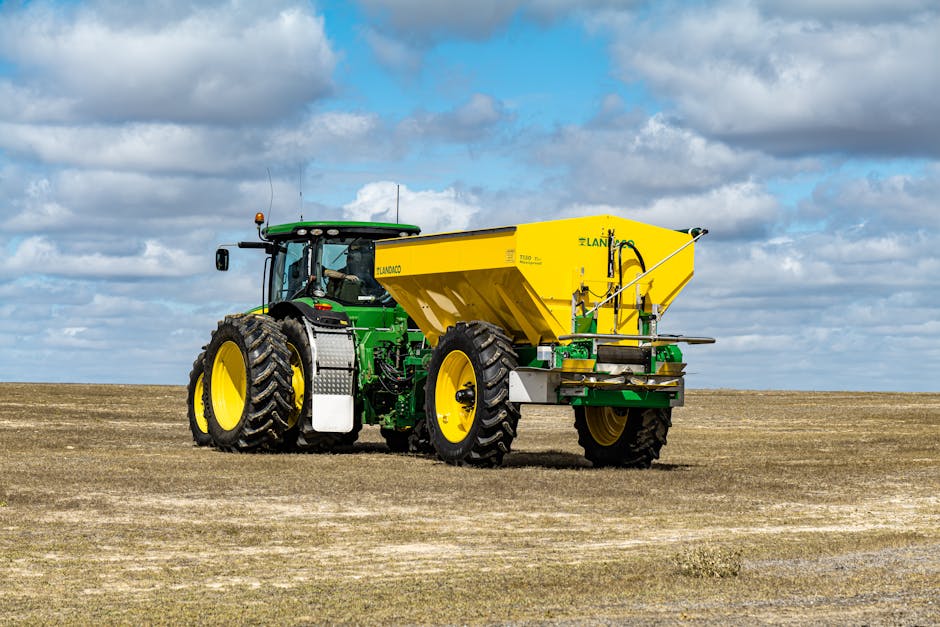The global population is expanding, demanding ever-increasing quantities of food. Simultaneously, agricultural practices face a complex array of challenges that threaten both their long-term sustainability and the livelihoods of those who cultivate the land. Understanding these pressures is crucial for developing resilient and effective agricultural systems capable of feeding future generations.
A pivotal concern in modern farming is the relentless pressure to boost yields. While advancements in agricultural technology, like precision agriculture and genetically modified crops, have significantly enhanced production capabilities, they introduce their own set of complications. Farmers often find themselves caught in a cycle of intensification, maximizing output at the expense of environmental health and long-term productivity. This often leads to unsustainable practices that degrade soil fertility, reduce biodiversity, and pollute water sources. Moreover, the reliance on specialized inputs, such as fertilizers and pesticides, can be economically burdensome and detrimental to ecological balance, even if short-term yield benefits seem significant.
Another critical factor impinging on modern agriculture is the escalating cost of inputs. Fertilizers, pesticides, machinery, and fuel all contribute to a rising cost burden on farmers. This economic pressure necessitates optimizing resource utilization and seeking alternative solutions. Farmers are increasingly seeking strategies to reduce input requirements, focusing on sustainable practices such as crop rotation and integrated pest management. However, economic incentives often favor short-term gains over long-term environmental and economic sustainability. This creates a difficult balancing act for farmers striving to maintain profitability.
Climate change, undeniably, poses a substantial threat to agriculture. Fluctuations in temperature, altered rainfall patterns, and increasing frequency of extreme weather events directly impact crop yields and livestock productivity. The challenges are multifaceted. Crop susceptibility to heat stress and drought increases, while erratic weather can disrupt planting and harvesting schedules, leading to crop losses and food shortages. Livestock production is also affected as changes in temperature and rainfall affect forage availability and animal health. This unpredictability necessitates the development of climate-resilient agricultural practices that can adapt to changing environmental conditions.
The increasing demand for land and water resources presents another major hurdle to agricultural advancement. Expansion of agricultural land often encroaches on natural habitats, leading to biodiversity loss and deforestation. Likewise, the growing human population and industrial activities exert pressure on water resources, making them scarce and expensive for agricultural purposes. Water scarcity can lead to irrigation challenges, impacting crop growth and overall agricultural productivity. Innovative water-saving technologies and sustainable irrigation methods are essential for ensuring water resource management in agriculture.
A growing concern is the ongoing decline in biodiversity within agricultural landscapes. The homogenization of crops and the intensification of farming practices have led to a reduction in the diversity of plant and animal life. This reduction in biodiversity can have cascading effects, impacting the ecosystem services that support agriculture, such as pollination and pest control. Farmers are increasingly recognizing the importance of preserving biodiversity in their fields, encouraging the use of native pollinator habitats and a wider range of crops to promote robust ecosystems.
Labor shortages constitute another noteworthy challenge in contemporary agriculture. Aging populations in many agricultural regions coupled with the increasing mechanization of farming have created a workforce gap that needs addressing. Developing automated systems and adopting more efficient techniques are imperative. Attracting and retaining skilled agricultural labor is a significant societal challenge requiring diverse solutions that address the underlying economic and social motivations for labor participation in this industry.
The rise of consumer awareness regarding food safety and ethical farming practices brings a new dynamic to agricultural production. Consumers are increasingly demanding transparency and accountability regarding where their food comes from and how it is produced. This growing demand pressures farmers to adopt sustainable practices, ensuring animal welfare, minimizing pesticide use, and tracing their products through the supply chain. Implementing effective traceability systems and promoting ethical farming practices are now essential considerations for modern agricultural businesses.
Addressing these multifaceted challenges necessitates a multifaceted approach that encompasses technological advancements, policy reforms, and educational initiatives. Precision agriculture and advancements in biotechnology offer the potential to increase efficiency and resilience. Policies that support sustainable farming practices, incentivize diversification, and promote environmental stewardship can play a critical role in agricultural transformation. Educating farmers on sustainable practices and providing access to technology and resources can empower them to adopt innovative solutions and contribute to a more sustainable food system.
In conclusion, the challenges confronting modern farming are not isolated issues, but rather interconnected problems that demand comprehensive and collaborative solutions. From the urgent need to address climate change and resource scarcity to the growing importance of consumer awareness and labor shortages, these issues present complex challenges. Overcoming these obstacles necessitates a concerted effort from governments, agricultural organizations, research institutions, and the farming community itself. Ultimately, finding sustainable and equitable solutions is vital for ensuring food security and environmental protection for future generations.












